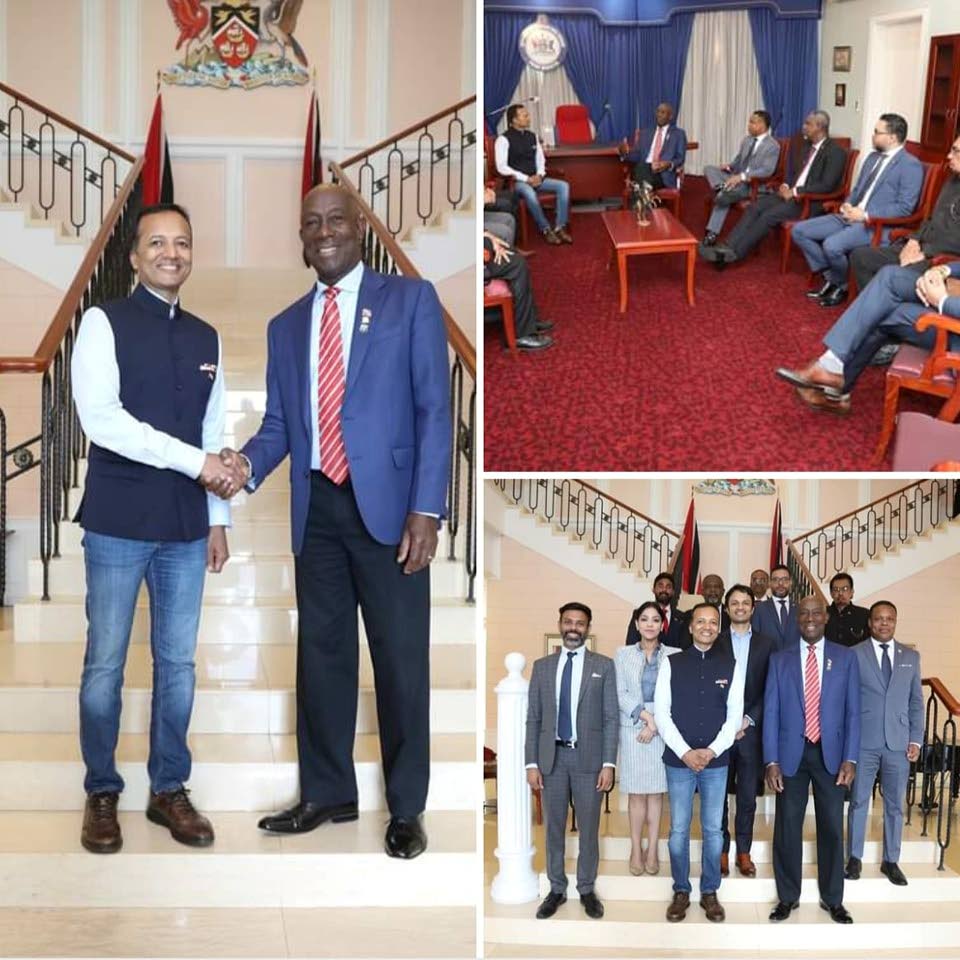Refinery headache continues

THIS MONTH marks six years since the Prime Minister announced the shuttering of the Pointe-a-Pierre refinery, once one of the most important in global history.
Since then, instead of things coming to a definitive end, there has been a long, painful goodbye.
The refinery is a headache. It is likely to remain so unless and until it is sold or leased, as per the original rationale behind its 2018 closure.
Dr Rowley’s war of words with the Opposition, over an apparent change of heart by Indian businessman Naveen Jindal in relation to a US$700 million investment into the mothballed facility, is but the latest symptom of far deeper uncertainties facing the economy amid a fast-changing and dynamic global environment.
It is also a sign the State’s options are growing narrower. It may have backed itself into a corner through excessive delay.
When an initial process to dispose of the refinery was undertaken in 2019, there were 77 expressions of interest. Since then, enthusiasm has seemingly waned.
Energy Minister Stuart Young on August 6 said "just above ten" bids were being considered.
In April, a parliamentary committee heard there were eight.
In March, Dr Rowley said two parties had emerged: "One looks very promising, one looks very interested."
While the UNC and others have aired valid questions about procurement processes, these paltry figures add a different tone to the Prime Minister’s courting of Mr Jindal.
There’s a sense, meanwhile, of other officials wanting badly to get rid of this asset.
Since its closure, it has cost the State about $36 million to preserve the refinery. The longer the closure, the greater the degree of breakdown; the more expensive it will be to upgrade and reopen.
"There is no greater driving force in trying to get somebody to take it off our hands," said Michael Quamina, SC, who heads the refinery company’s parent entity, earlier this year.
Ironically, the Opposition may have helped Dr Rowley dodge a bullet, if it is true he was unaware of the issues facing Mr Jindal. Given the standard rigours of due diligence, it is better for such issues to have arisen sooner rather than later.
The UNC appears sympathetic to trade union desires to take hold of the refinery, a move that would at once please workers, end the labour problems that dogged its operations for decades, and absolve the State of fiscal and political responsibility.
But the move would also open a new set of risks relating to management style and this country’s place in the region.
There has been the suggestion that whoever runs the refinery could do so in co-operation with Guyana, given the reserves there.
However, all parties have been silent over the implications of the global transition away from fossil fuels, the closure of refineries around the region and the Venezuelan crisis.
Parties have also been slow to outline what the facility means to us, ideologically, as a country.
Is it a source of revenue? Employment? A geo-political bargaining chip?
Until answers are found, it will remain a headache with a precarious future, no matter who owns it.

Comments
"Refinery headache continues"